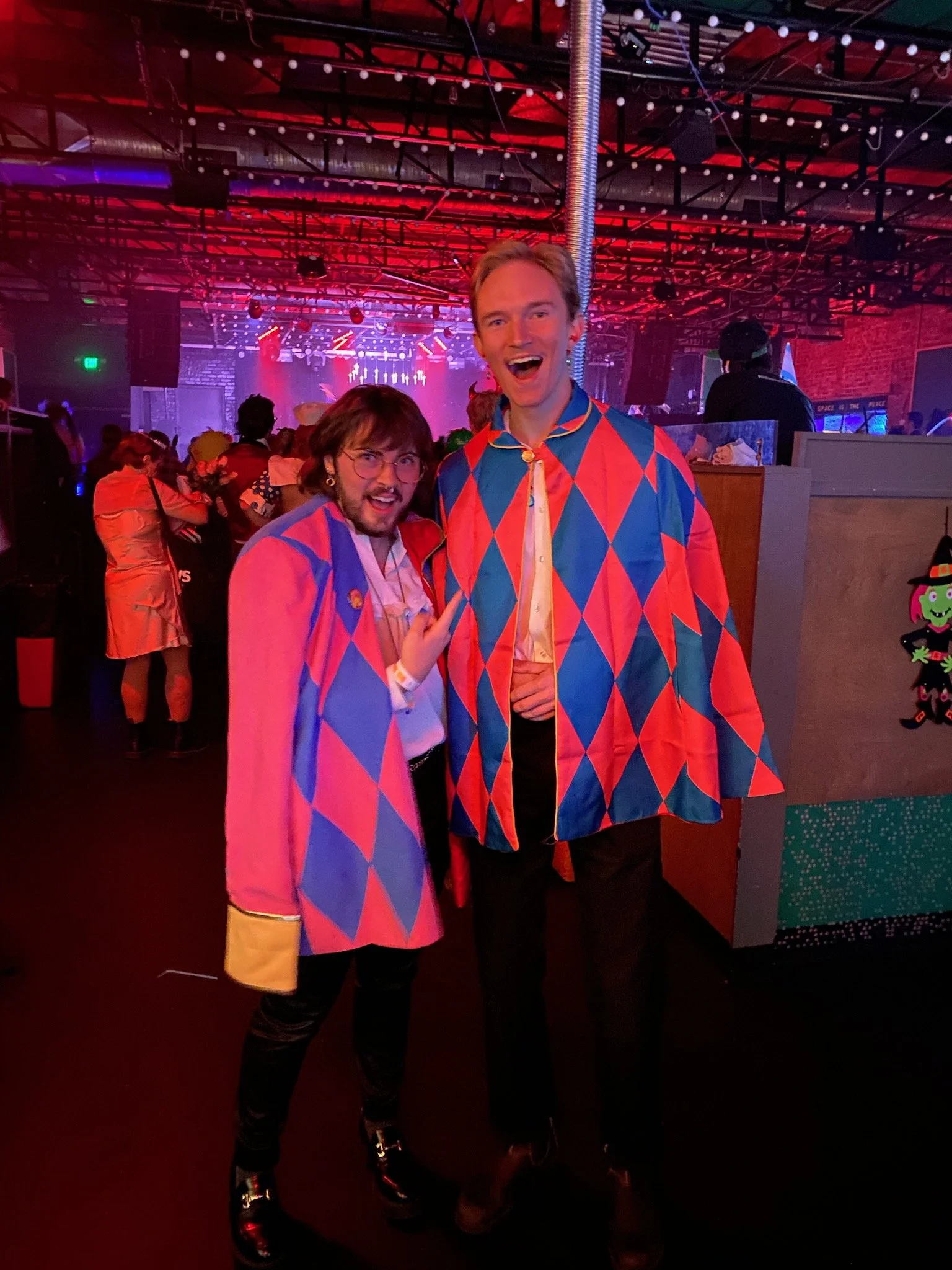I had always called myself genderfluid.
I wished I could just shapeshift so I could look however I wanted on a given day. Being raised in a fairly conservative school system, I had never met a trans person and was discouraged from exploring my non-conforming traits. I was a pretty “girl” with a short haircut trapped behind the bars of binary gender expectations. It took decades for me to realize that I wanted to start hormone replacement therapy, but I was terrified of what would happen to my voice. What if, when the HRT caused my voice to drop, I lost the ability to sing? My voice is so vitally important to me, and I was paralyzed by the thought of losing it. There was no one I could ask who knew what it was like on the other side. I had to choose based entirely on internet testimonials, strangers on Instagram, and my own conflicting feelings.
Eventually I bit the bullet. In the first month, I lost my voice entirely. I could barely make enough sound to speak, and then for months after that, I still had no range, control, or musicality. However, my voice had become an exciting new toy. As the inflammation died down, I found myself experimenting with sound. My range and tone grew deeper and richer. It was such a gift to discover that I had developed falsetto! As my voice and body changed, my confidence began to grow.
In my final semester at UWF, I took a voice class. What an exhilarating experience it was to share my new voice on the stage. I sang “Empty Chairs at Empty Tables” (I. Love. Melodrama.) and discovered that I could sing again, better than before.

